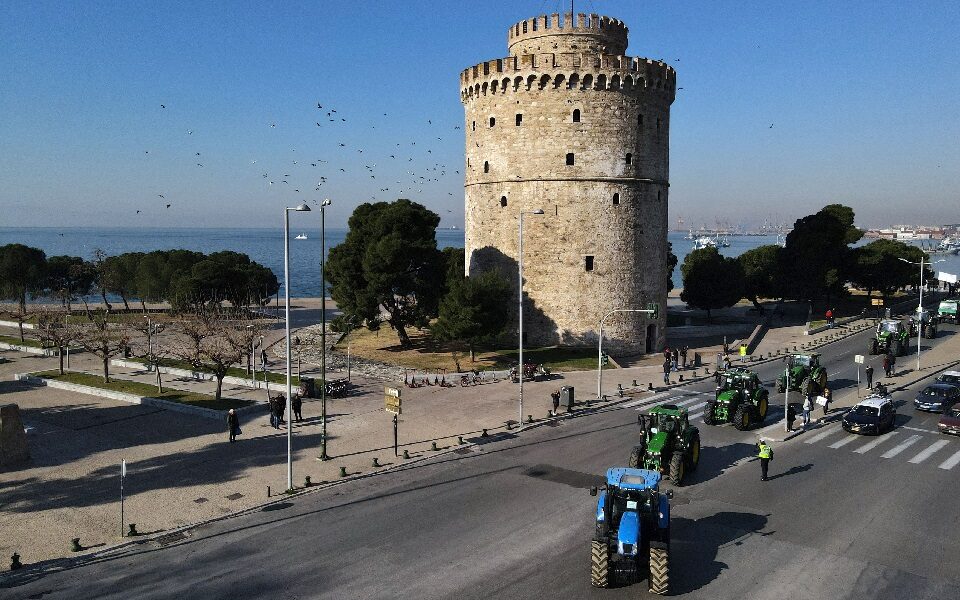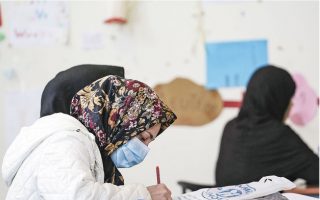Farmers at the crossroads

The farmers in every EU member-state are on the front line of changes demanded by the challenges of the time. Tied to the land, they are vulnerable to every problem wrought by the climate crisis, dependent on workhands who may or may not be available, while geopolitical events drive the markets which determine production costs and their incomes. They are right to demand that their governments and the EU support them and not make their lives more difficult. This is the common point in all the farmers’ demonstrations taking place across Europe. The continent’s farmers and the policies which support them are, judging from the result, exceptionally successful: The EU is the world’s leading exporter of agricultural products, and the Common Agricultural Policy constitutes 30 percent of the Union’s budget. But the bloc’s farmers are at a crossroads, facing great changes, high costs and uncertainty. If they are not provided the necessary support for the transition to new practices, the political exploitation of their anxiety will make change even more difficult.
The European Commission and governments of member-states are well aware of the danger. This is why Thursday’s summit in Brussels discussed the issue, and why it appears that some measures that had been decided on will be delayed. The efforts to curb nitrogen levels and cut the use of pesticides, allowing land to lie fallow, and others, are aimed at improving products and farmers’ quality of life. But they raise costs and complicate production. Forces of the extreme right which have always been against “green” policies and which also oppose the EU’s support of Ukraine (where they blame the victims of aggression), are in prime position to exploit farmers’ anger. If these forces increase their influence in the European Parliament election in June, then the battle against climate change will become even more difficult, with farmers facing even more catastrophes.
Aside from the measures that will be taken in Brussels and all the member-states’ capitals, it is crucial that there be the appropriate communication between policy makers, farmers and all citizens as to the importance of agricultural production and the ways in which this can evolve for the common good.




